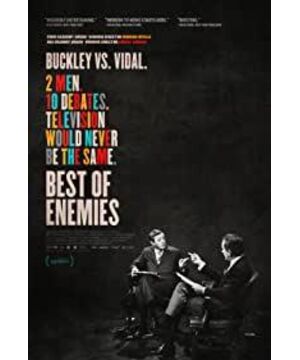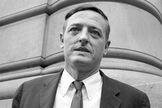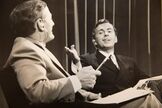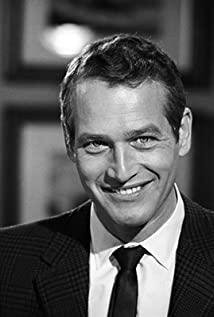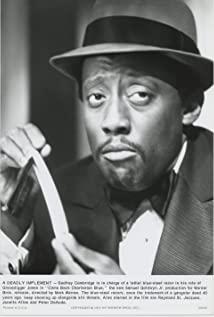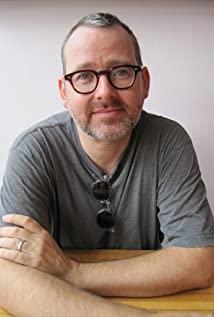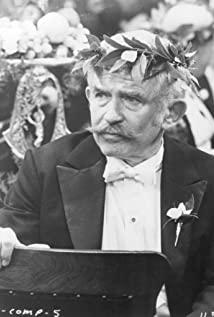In the President Convention of 1968, the presidential candidates of the two parties were fighting for approval. Behind the curtain were the ratings of several TV stations. In such an environment, the debate programs of ABC TV's Williams Buckley and Gore Vidal became popular. The focus of attention inside and outside the industry. This debate that has received national attention has profoundly affected the development of controversial programs. Just as the film itself has also narrated, the so-called "quarrel" has become an aphrodisiac of the TV station and pushed the public view to carnival. abyss. However, it is undeniable that the debate fragments of the film festival selections are too eager to watch. I really want to take a look at their complete programs, because they are veritable mouthpieces. The language they use in the program is arguably, but there are few dirty words. The most serious attack, the Nazi accusation, was regarded as quite lethal and even brought to court, but most of the time, what the public saw was that the two people used complicated complex sentences to attack each other in lengthy views, but it was not at all. Not boring. Because the debate itself is not boring.
When we watch foreign political theory programs today, it is more of a mentality of watching the fire from the sidelines and watching the excitement. Coupled with the deep control of public opinion, many fragments of fierce political debates have been used as arguments for democratic chaos. This movie at least tells us that even if Chicago’s street violence continues and anti-war emotions roam the country, people can still sit down and use thoughts and words as weapons to present the contradictions in this society. This kind of commendation lies in the continuous democratic discussion The speculative value brought by society. Perhaps excessive quarrels will tear a society apart. This is a problem that society should discuss, but as we under another system, only applauding meetings will make people lose their rational recognition of society. Knowledge and speculation. Society is inherently stratified and diverse. No matter how rich a country is, there is poverty, and no matter how poor it is, there is a ruling class. How we view this society reflects the maturity of our society. Today we satirize the young people who are discussing politics too young too simple, but young people across the ocean probably don't think about these people's problems when they raise the anti-war banner.
As the third protagonist in the movie, the TV station cleverly presented the confrontation between the two. Although the TV studio collapsed for a while, the TV station simply broadcasted the collapse. When their debate program became a classic, many TV stations rushed to imitate it. It is not so much that the media has changed the focus of the public, but that social emotions have affected the media's choice and judgment. It's really a classic case of social media. People say that the two men’s verbal criticism has changed television, and television has changed society, but it is better to think in the opposite direction. In the 1960s in the United States, the development of technology into live television became a new possibility, and the public discovered the new outlook that television may present. Is it possible that society has discovered television?
In short, it is a documentary recommended for everyone to watch.
View more about Best of Enemies: Buckley vs. Vidal reviews


